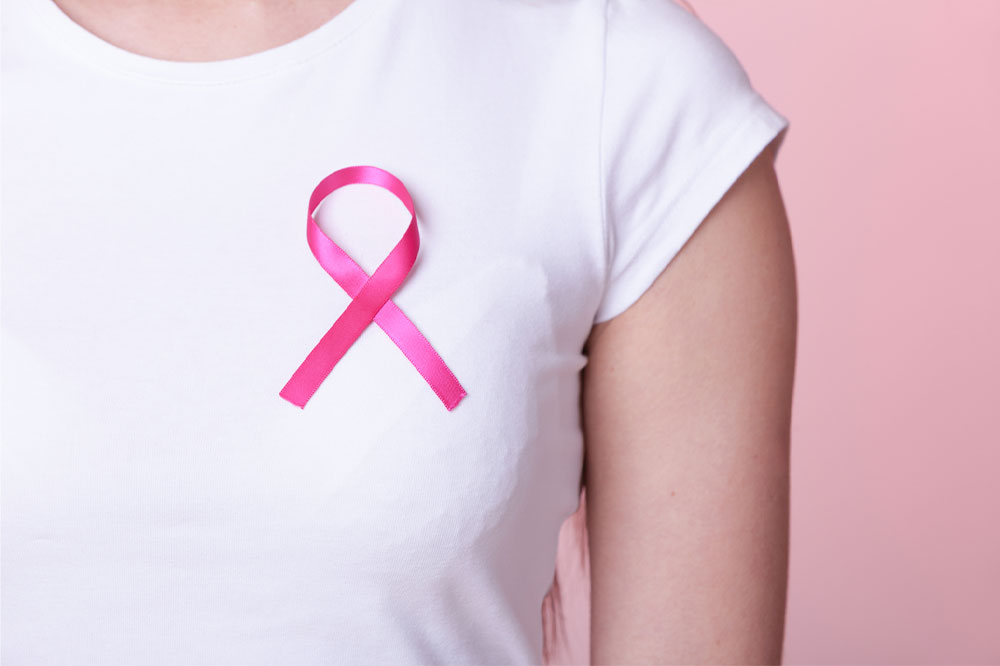3 useful tips to help manage breast cancer

Like most cancers, the precise cause of breast cancer is unknown. Sadly, there is no definite cure for the disease at its advanced stage, nor can it be prevented. Yet, it is one of the most common cancers affecting over 260,000 women every year. Even though men also develop breast cancer, they make up only 1% of the total number of cases each year. Here are three useful tips for managing breast cancer:
Start treatment without any delay
There is no concrete biological answer for why an individual would develop breast cancer. Nor are there any definite symptoms to be cautious of beforehand and adopt the required preventive measures. A combination of genetic and environmental causes come into play to contribute to such a condition. The Centers for Disease Control and Prevention (CDC) recognize the following as the primary symptoms of breast cancer:
- Swelling in the breast or armpit
- A thickening or bulging of the breast
- Development of dimples in the breast or skin irritation
- Reddish or flaky skin around the nipple area
- Other discharges from the nipple apart from breast milk
However, it is crucial to note that all these symptoms do not necessarily imply the presence of a malignancy.







